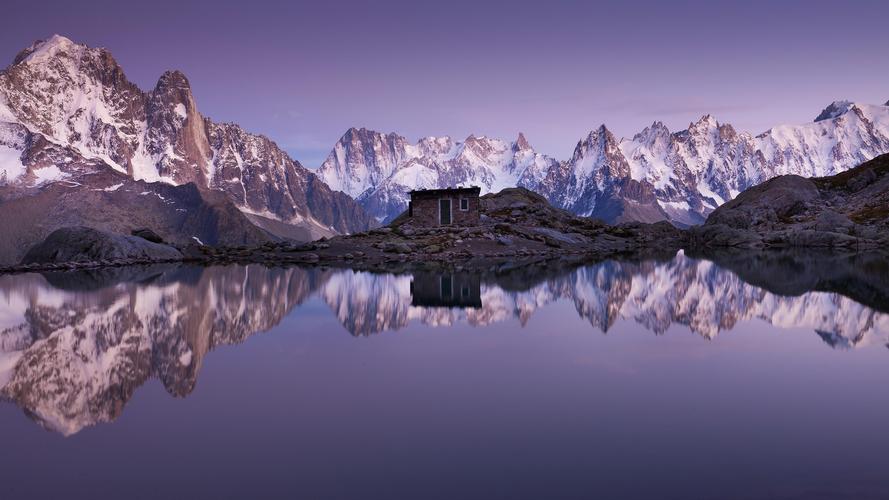Cultural identity is a subject that has been explored in literature for years, and Zulfikar Ghose’s poetry is no exception. The author, born in Pakistan and raised in India, has tackled this complex issue in his work, examining the intricacies of cultural identity and what it means to belong.
In his poetry, Ghose grapples with the notion of cultural identity, addressing the conflicts that arise from living between two cultures. He explores how traditions, customs, and beliefs shape our identity and how the influence of these elements can create a sense of displacement.
One of the standout poems that delves into this issue is “The Calligrapher’s Night,” where the speaker reflects on his relationship with his cultural heritage. The narrator feels torn between his Indian heritage and the culture of the West, which he is trying to assimilate into. The poem conveys a sense of longing to connect with his ancestral roots, where he sees his identity originating from, and the struggle of assimilating into another culture while preserving his own.
Similarly, in “The Prophet,” Ghose explores how cultural identity is often intertwined with spirituality and religious beliefs. The poem centers around a mystical prophet who speaks to God but is seen as an outsider because his beliefs differ from the masses. The poem poses a question about what it means to have a religious identity and the challenges that arise when our beliefs don’t align with the mainstream.
Furthermore, the poem “The Lotus Eaters” depicts a vivid image of the conflict between tradition and modernization, where the narrator laments the loss of rural landscapes that have been eradicated in the name of progress. The poem captures the notion of nostalgia for cultural heritage and the environment that was once sacred.
Ghose’s poetry offers an in-depth exploration of the complexities of cultural identity, the feeling of being torn between two cultures, and the struggle to merge the two. He uses powerful imagery and language to convey the emotions felt by individuals who have to navigate their identity in a changing world.
To conclude, Zulfikar Ghose’s poetry provides an insightful look into the complexities of cultural identity and the challenges faced by individuals who navigate between cultures. His work encourages readers to reflect on their cultural heritage, embrace the diversity around them, and strive for a deeper understanding of what it means to have an identity shaped by cultural heritage.
(Note: Do you have knowledge or insights to share? Unlock new opportunities and expand your reach by joining our authors team. Click Registration to join us and share your expertise with our readers.)
Speech tips:
Please note that any statements involving politics will not be approved.
